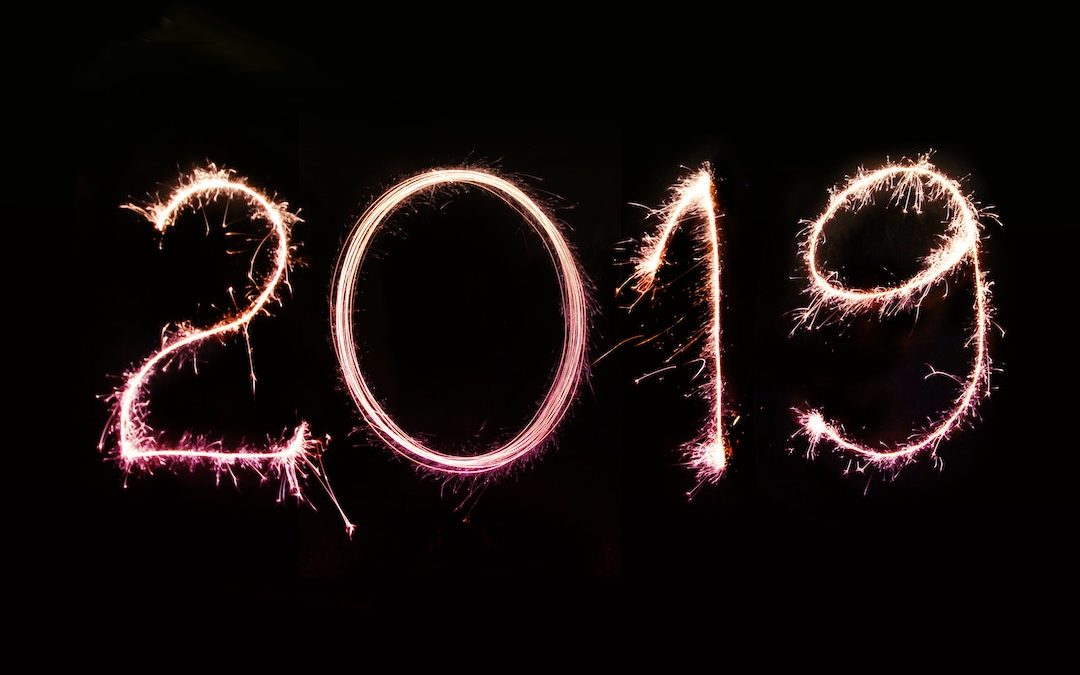At the close of every year, I always find myself turning my gaze to the new year—sometimes even before it’s time.
There are certainly times in which to begin anew—the beginning of a summer, a birthday, an anniversary, the start of a school year. But there is no time that lends itself to new beginnings quite like a new year. It’s a wide open opportunity that meets each of us with a clean slate, a schedule that hasn’t yet filled with activities (unless you have school children). We aren’t on the hook for projects to deliver or goals we’ve set and still need to meet. Everything is expansive and rich with potential.
If you want to make a drastic change in direction, a new year is the perfect time to do it.
Sometimes that can be an unsettling thing, like a writer facing a blank page for the first time, which is pretty much any time, because there is no formula for writing. So much space and possibility can feel intimidating to some.
I get giddy with anticipation. I evaluate and schedule and write down goals and revise goals and decide on publication dates for self-published books and mark dates for traditionally published books and plan for the projects on which I’d like to focus for the coming year and try to anticipate the bumps I might meet in the road (though I can’t always predict those with any accuracy.). I analyze daily writing expectations, manage those expectations, strip everything away and add it back. I brainstorm new ideas and white board and think, think, think. I evaluate my schedule and see if it still works for me.
People who know me well know that I also, at the end of every year, choose a word with which to frame my new year—in both family and in business. Our family word for 2019 is “optimize”: we’ll be looking at processes and rules around our house and reevaluating and streamlining them. We’ll be working, mostly, on relationships and optimizing the time we have together.
I had trouble settling on a word to frame my business. But after much thought and consideration, I chose the word “assert.”
Assertion is not one of my strengths. When faced with a decision to assert my needs that come in conflict with another’s needs, I will generally default to that person’s needs. This could be the result of residual trauma from my past, or it could simply be a weakness of mine cultivated in my childhood quest to demand the least attention, step on the fewest toes, be the “easiest” child. But what I have learned of weakness is that when we recognize it, examine it, and intentionally practice strengthening it, it will not remain a weakness for long.
This last year I encountered several instances in which I needed to assert myself in order to make sure my needs were met in a timely and efficient manner. Instead, I chose the least resistant path—that of acquiescence and accommodation.
Assertion is an important part of communication when you work for yourself and you depend on other people for your ultimate success. Asking for what you want and need is necessary for healthy relationships, successful careers, and even enduring marriages.
I don’t yet know for what I will ask in this new year, at least not completely. But I do know that when I stumble into a situation that calls for assertion, I will be (mostly) ready to stumble through it (we all start somewhere) and, by the end of the year, walk through it with my head held high.
What word will you choose to frame your year?
(Photo by NordWood Themes on Unsplash)


